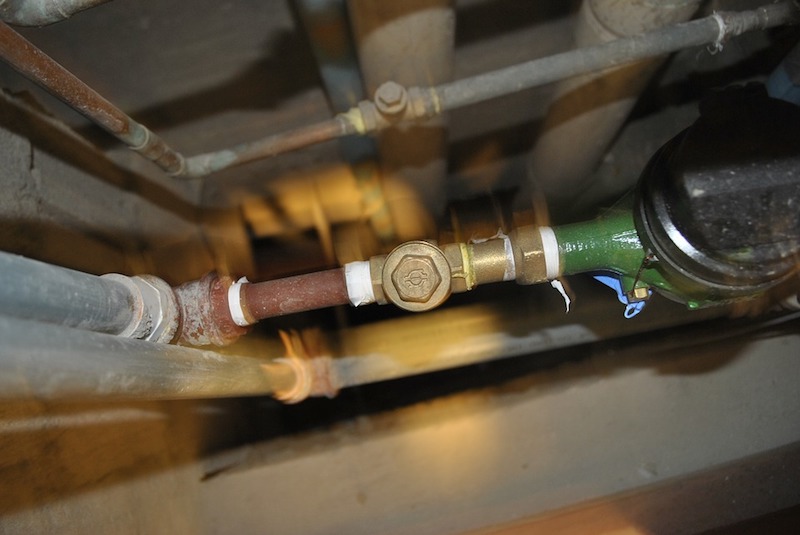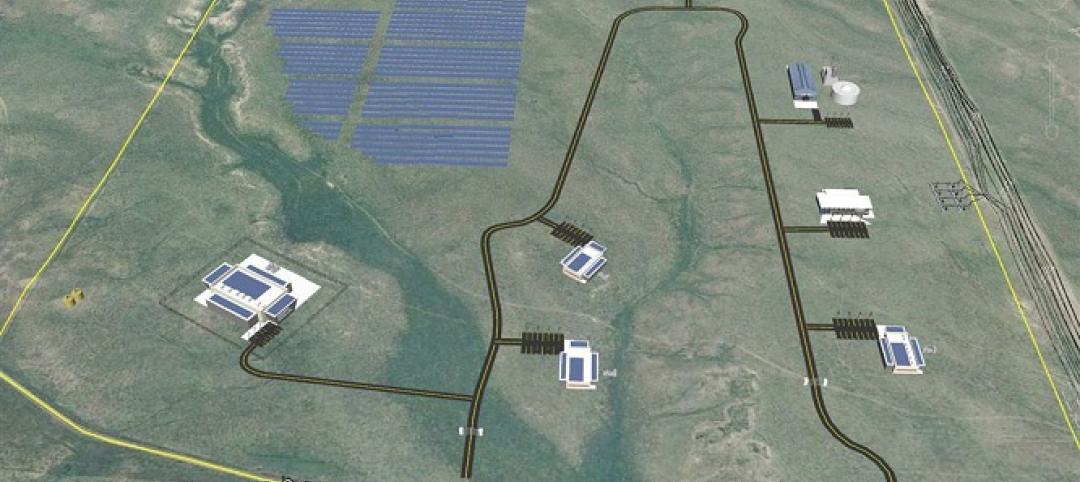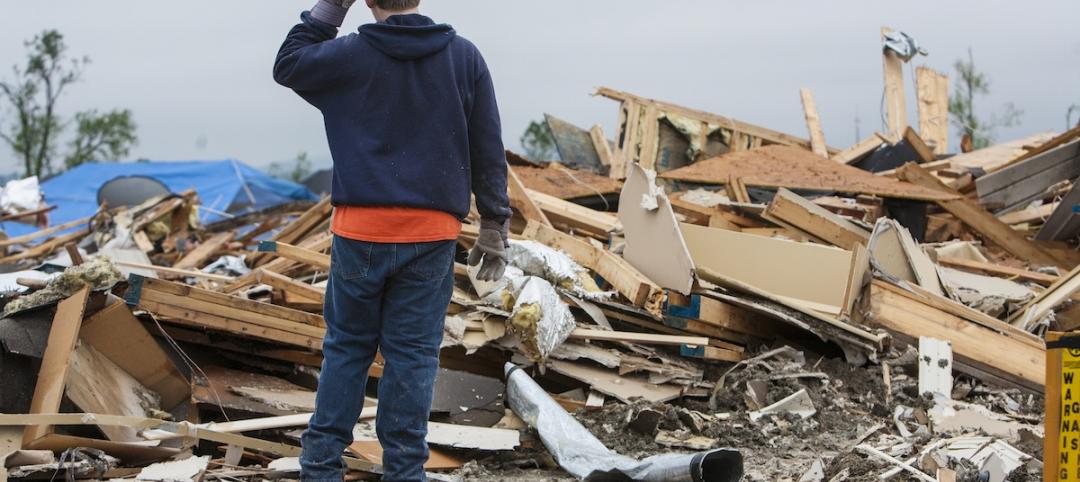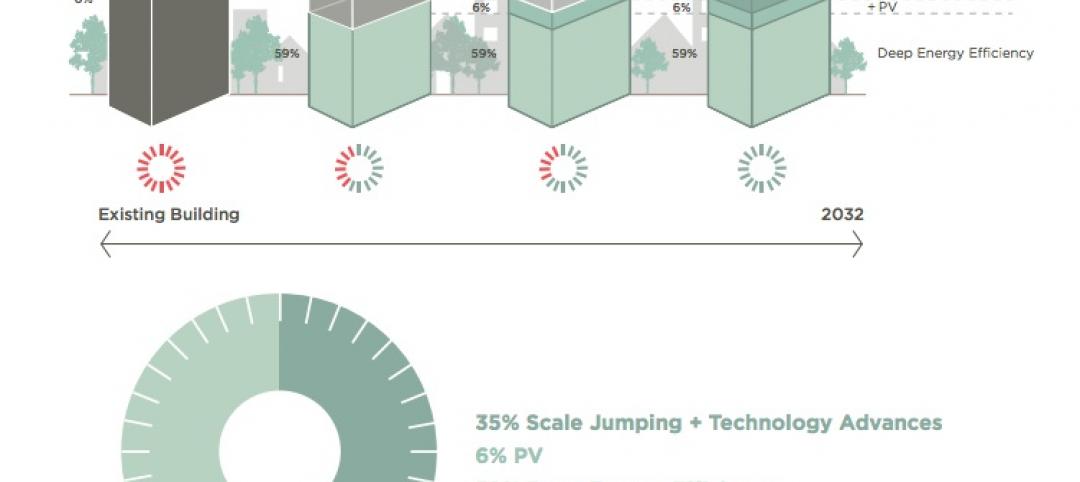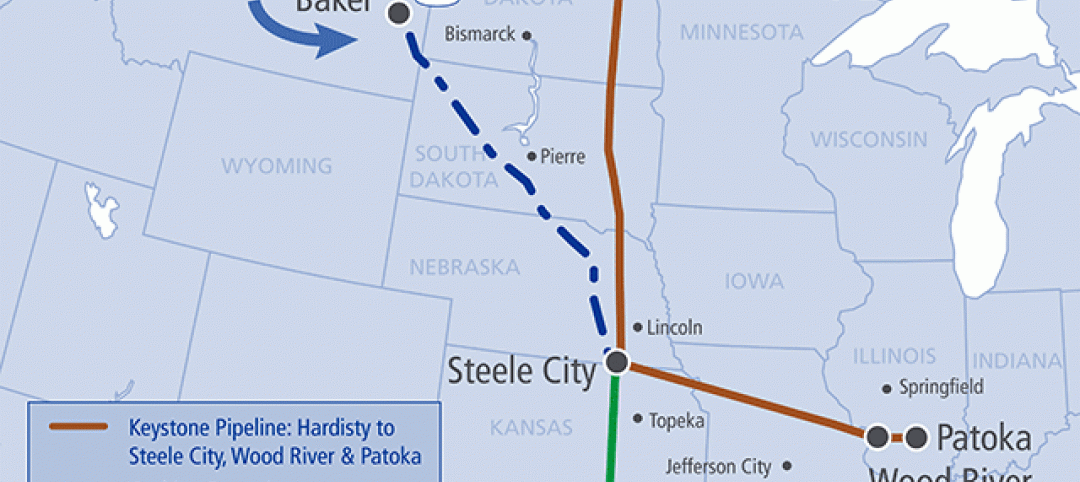After months of negotiation between residential builders and the plumbers union, Philadelphia is poised to allow the use of plastic pipes in high-rise residential construction.
A memorandum of understanding hammered out by the Plumbing Advisory Board will be incorporated into the new building code next year. The City of Brotherly Love is one of only six major U.S. cities that still require the use of metal pipes in such projects.
One construction industry professional estimates that the cost reduction from making the switch from metal to plastic would be about 20%. Plastic infrastructure is now the norm for builders installing pipes for waste disposal, fresh water, and stormwater drainage in most places.
The existing code encourages construction of single-family homes, which don’t require metal piping, or expensive luxury towers that can offset higher construction costs with higher prices. Construction industry representatives expect more high-rise and mid-rise residential projects to go forward due to the code change.
Related Stories
| May 22, 2014
ASHRAE releases best practice guide for liquid cooling systems in data centers
The publication provides guidelines on interface requirements between chilled-water systems and technology cooling systems and on the requirements of liquid-cooled systems that attach to a datacom electronics rack.
| May 22, 2014
Colorado approves $4.2B data center said to be invulnerable to power outages
The Niobrara Data Center Energy Park project in Colorado will be the first data center to be fully self-contained with its own self-generated energy production facility.
| May 22, 2014
Energy Department analysis shows efficiency gains from ASHRAE 2013 energy standard
Preliminary DOE analysis shows that the ASHRAE/IES’s 2013 energy efficiency standard contains energy savings over the 2010 standard of 8.5% source energy and 7.6% site energy.
| May 22, 2014
Federal disaster policy should focus on mitigation, insurance group says
Federal disaster policy should shift its focus toward mitigation in order to reduce future disaster costs, the National Association of Mutual Insurance Companies says.
| May 22, 2014
Study quantifies cost premiums for net zero buildings
The 73-page report breaks down the incremental cost premiums for transforming three LEED Platinum-designed buildings into net-zero energy, net-zero water, and living Buildings.
| May 22, 2014
Senate kills bipartisan energy efficiency bill over Keystone pipeline amendment
The legislation focused on energy efficiency standards such as water heaters with smart meters and cheaper heating and cooling systems for office buildings.
| May 19, 2014
Construction skilled-worker shortage causing rise in claims
The improved economy has boosted construction starts, but a shortage of experienced trade workers has led to more on-the-job injuries and construction defects.
| May 15, 2014
AISC Prequalified Seismic Moment Connection standard update now available
The AISC standard Prequalified Moment Connections for Special and Intermediate Steel Moment Frames for Seismic Applications (ANSI/AISC 358-10) has been updated with a second supplement, ANSI/AISC 358s2-14.
| May 15, 2014
ConsensusDocs releases new agreements for contractors who hire consultants
ConsensusDocs has released the new ConsensusDocs 746 Constructor & Geotechnical Consultant Agreement and the 747 Constructor & Consultant Agreement.
| May 8, 2014
Report: Top storm-resilient cities have high adaptive capacity
The most resilient cities in the world, including five in the U.S., have attributes that would enable them to recover better than others from devastating natural disasters.


